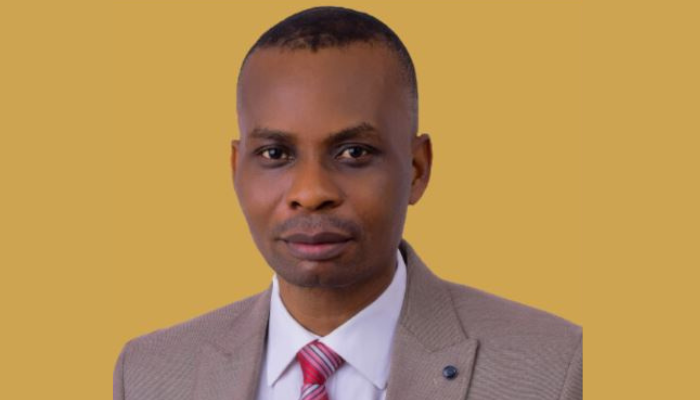
Source: BusinessDay.ng | September 28, 2025
Global education experts have praised the Federal Government of Nigeria for approving a future-ready curriculum for both basic (primary and junior secondary) and senior secondary schools.
The curriculum is designed to modernize subject offerings, balance workloads across school phases, and incorporate key 21st-century skills, including digital technologies, artificial intelligence (AI), coding and robotics, media literacy, entrepreneurship, and citizenship and heritage studies.
Monday Anyairo, Global President of World Innovators University, described the initiative as a “decisive step toward future-ready learning for every child.” He emphasized that by prioritizing digital literacy, problem-solving, entrepreneurship, and civic engagement, the curriculum aligns education with the needs of a rapidly evolving economy and society.
“Considering Nigeria’s youthful population and the pace of digital transformation, there is an urgent need for education that is both foundational and forward-looking,” Anyairo said.
The reform aims to improve learning relevance and employability through hands-on, project-based, and skills-aligned content. Digital competence is set to progress from basic digital literacy in upper primary to programming, AI and data awareness, and cybersecurity in secondary school.
Additional benefits highlighted by experts include:
- Strengthening national cohesion and citizenship, with focus on heritage, ethics, and civic participation
- Supporting teachers by balancing workloads and emphasizing depth over breadth
- Alignment with Nigeria’s sector roadmap (2024–2027) and complementary national digital strategies
This landmark curriculum positions Nigeria to equip students with the skills and knowledge necessary to thrive in a digital and globally connected world.
For full coverage, see the original report on BusinessDay.ng.


